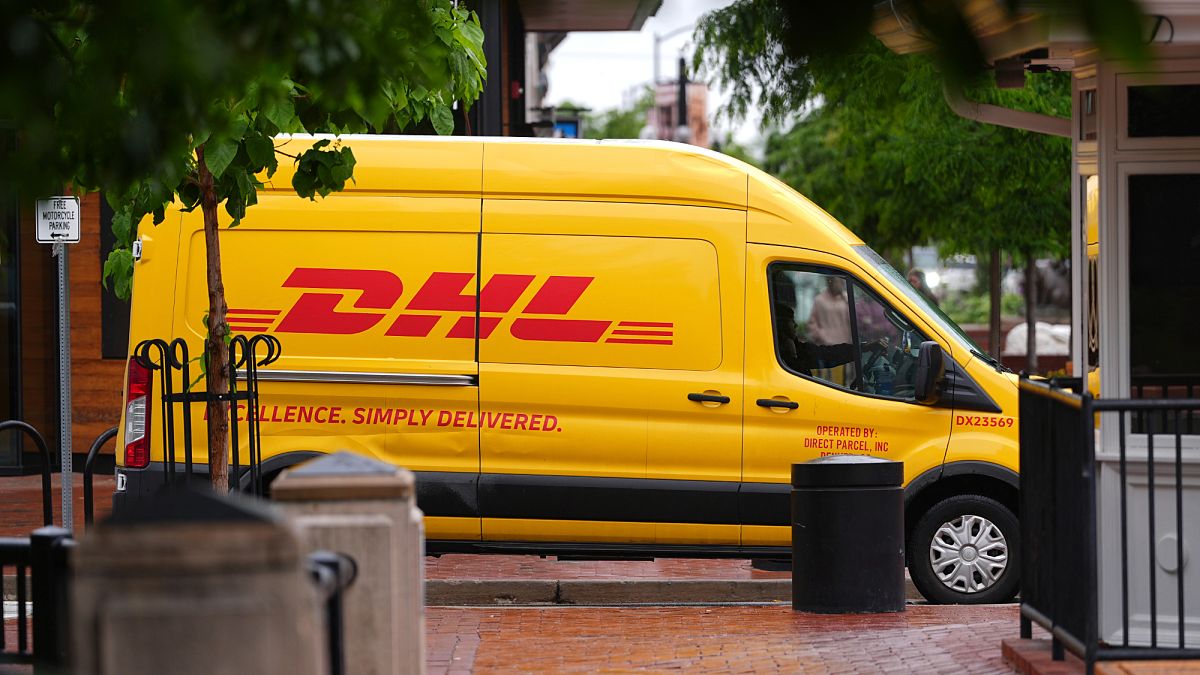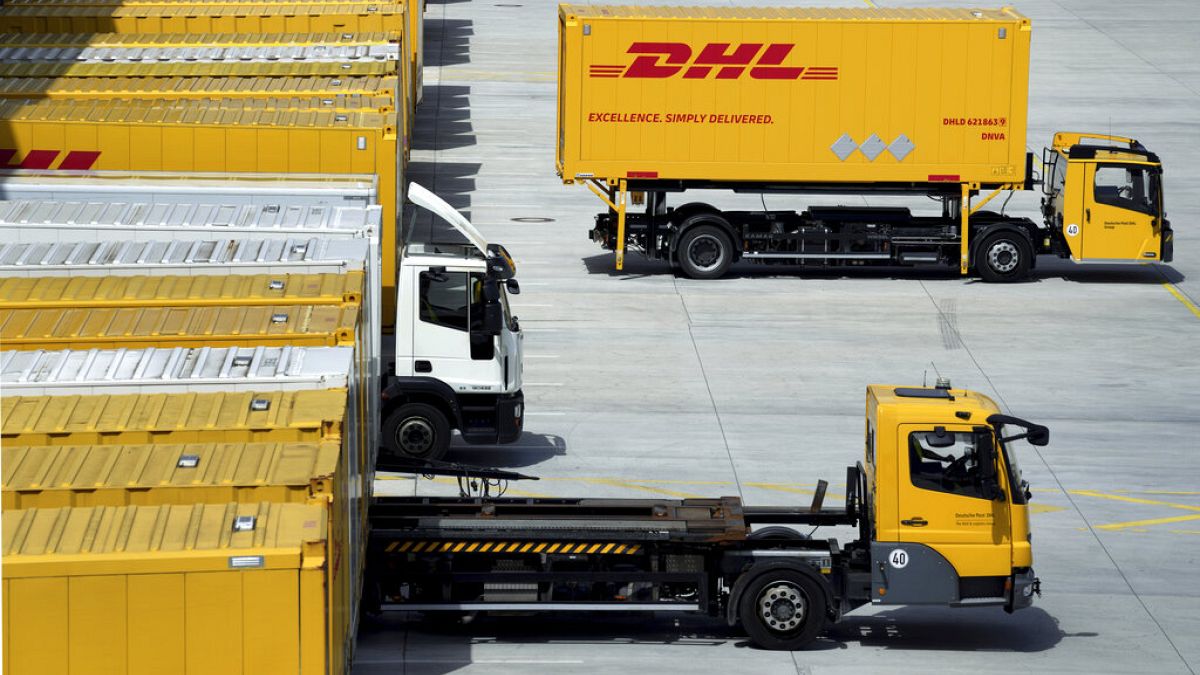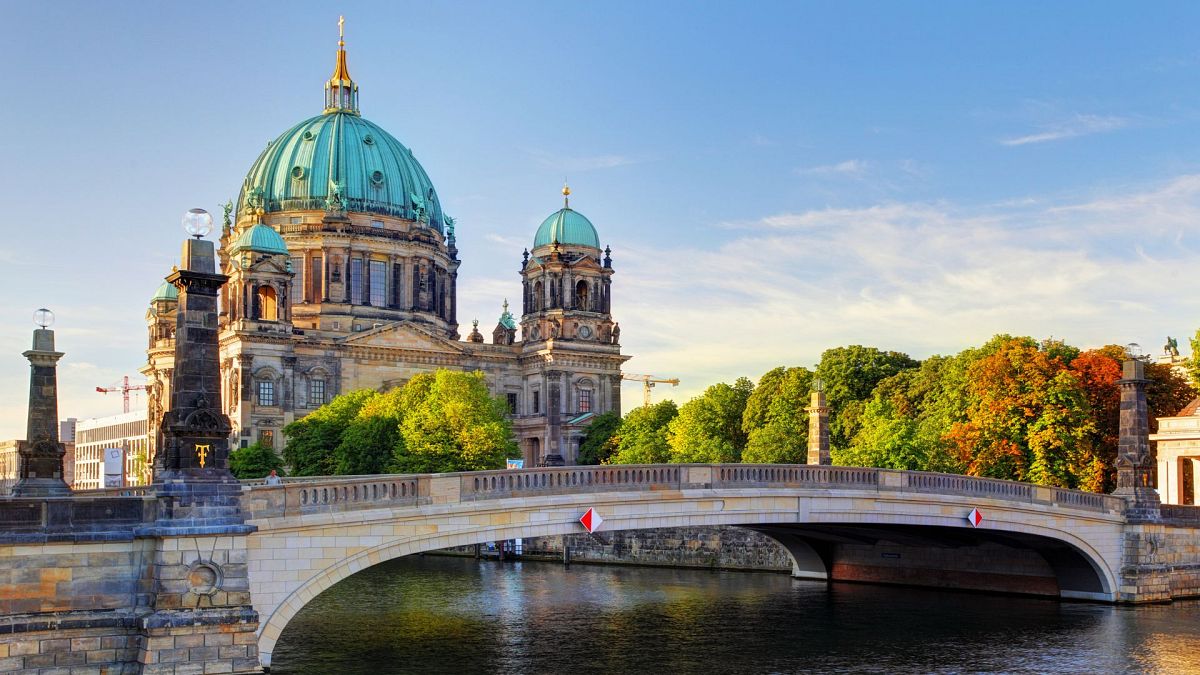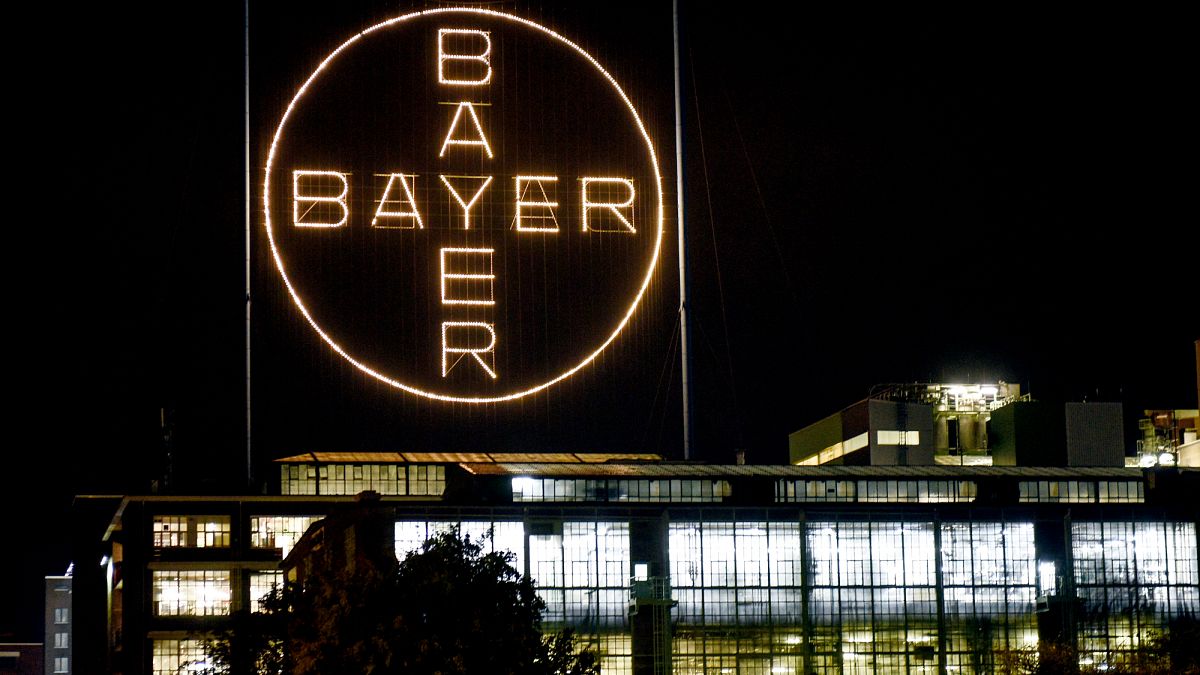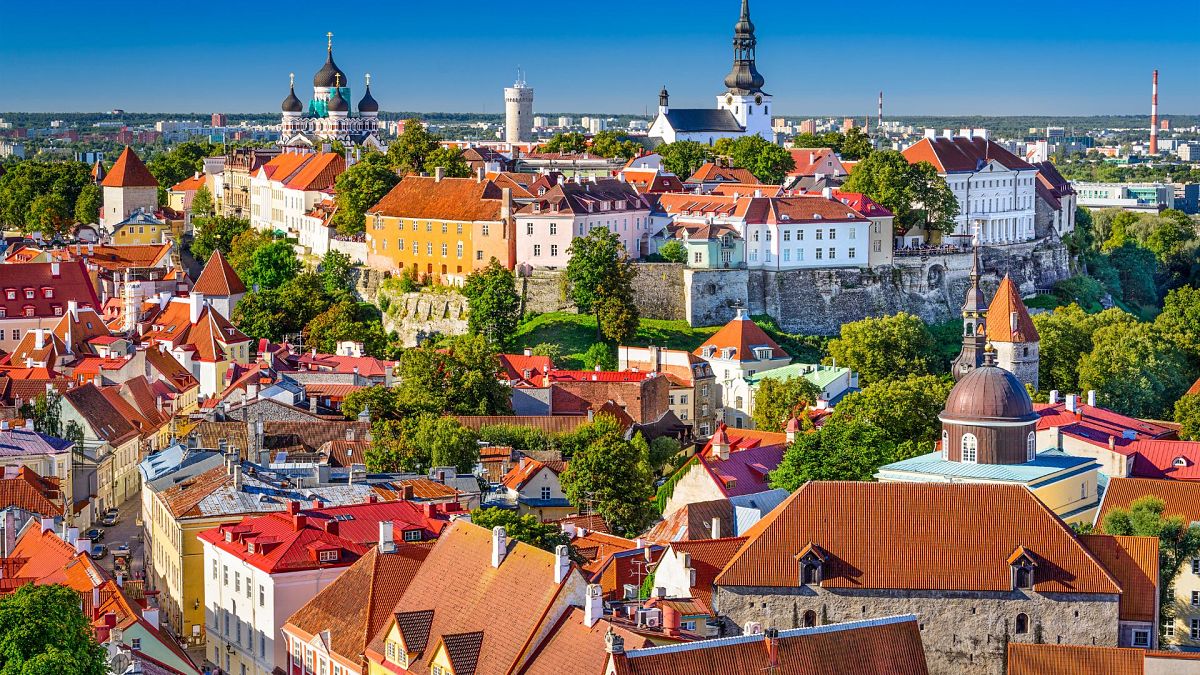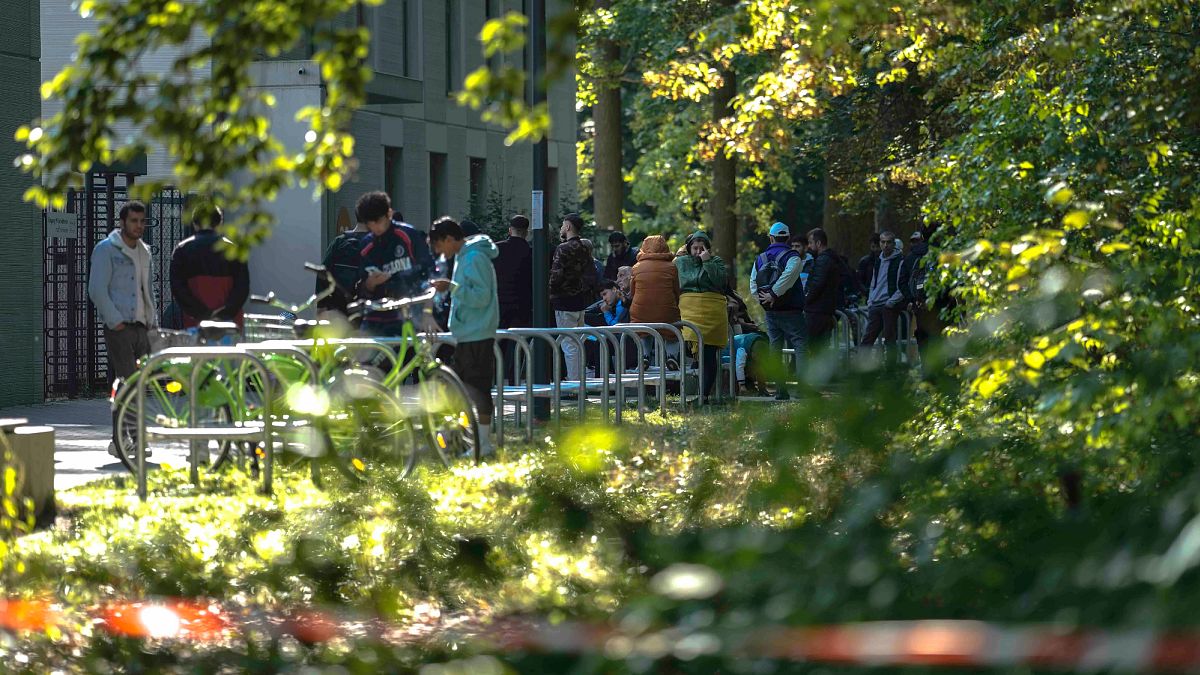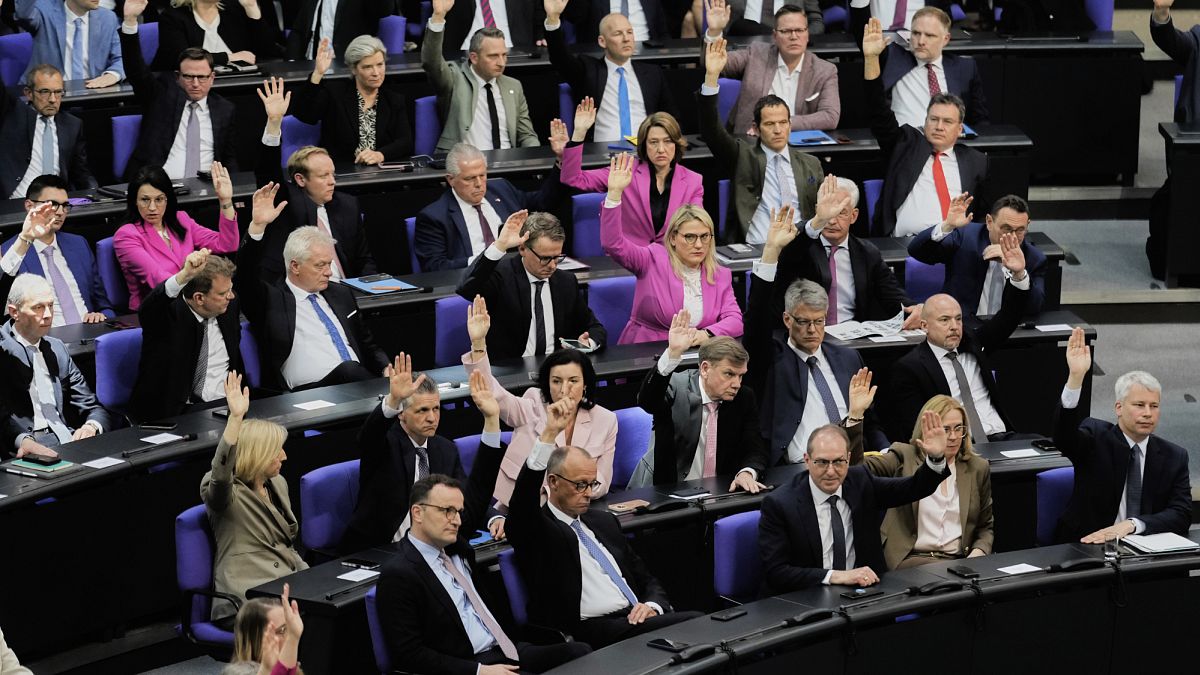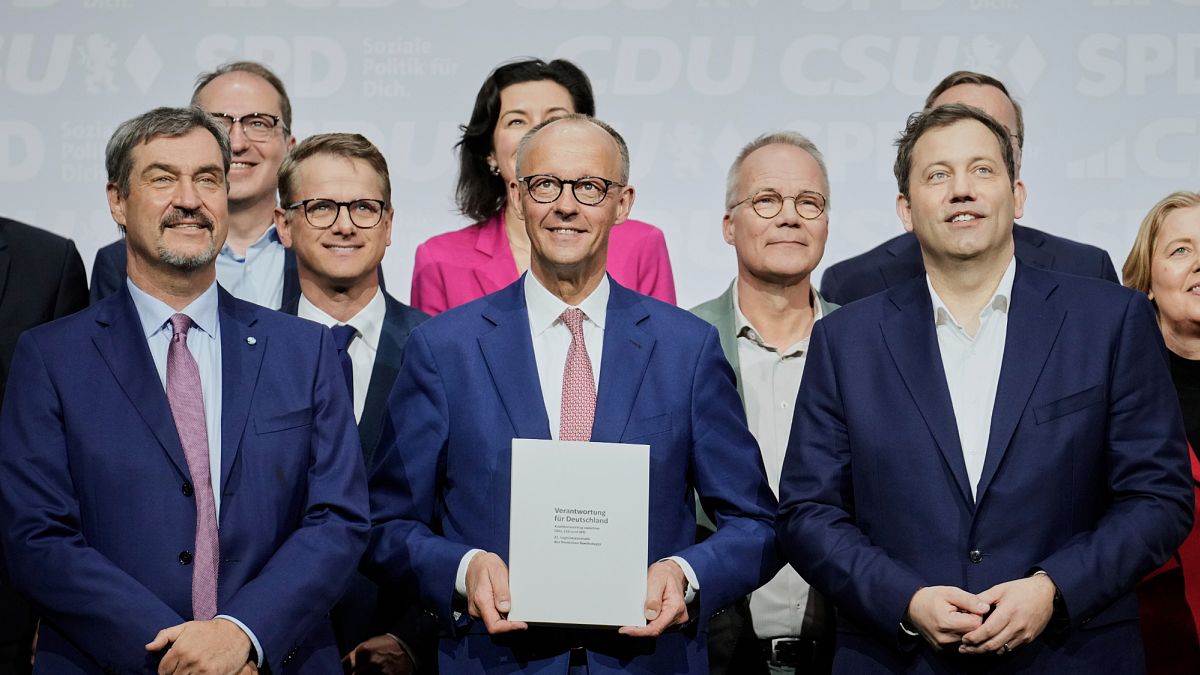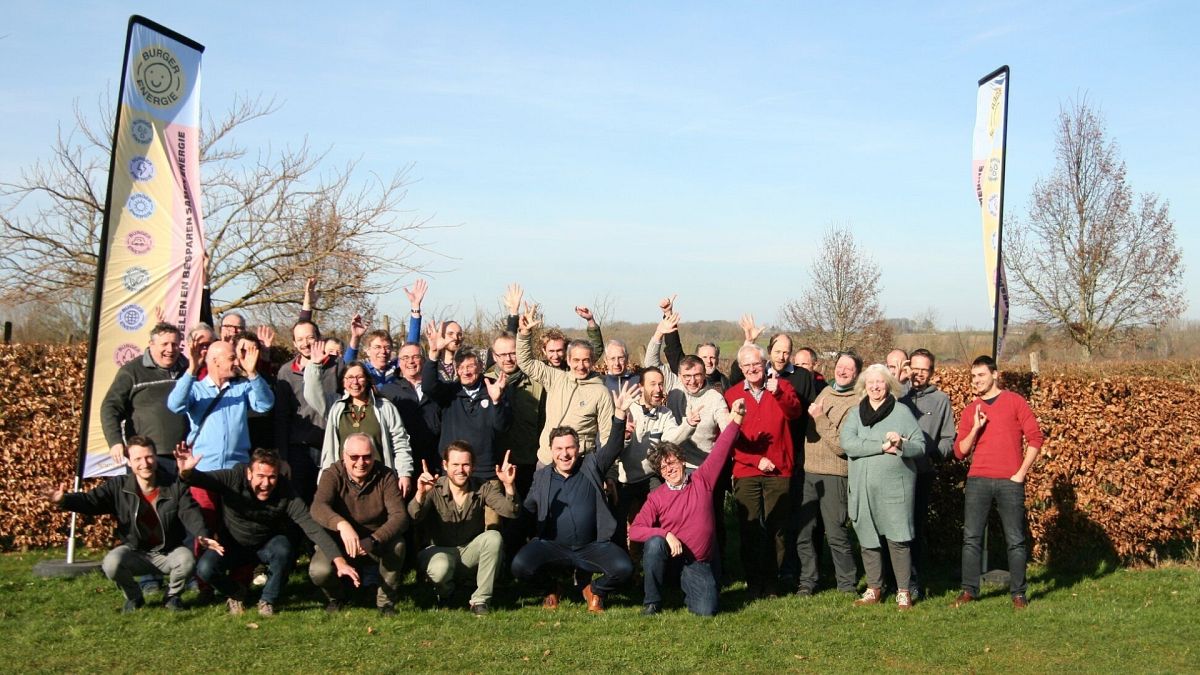Why have strawberry farms become a political battleground in Spain?
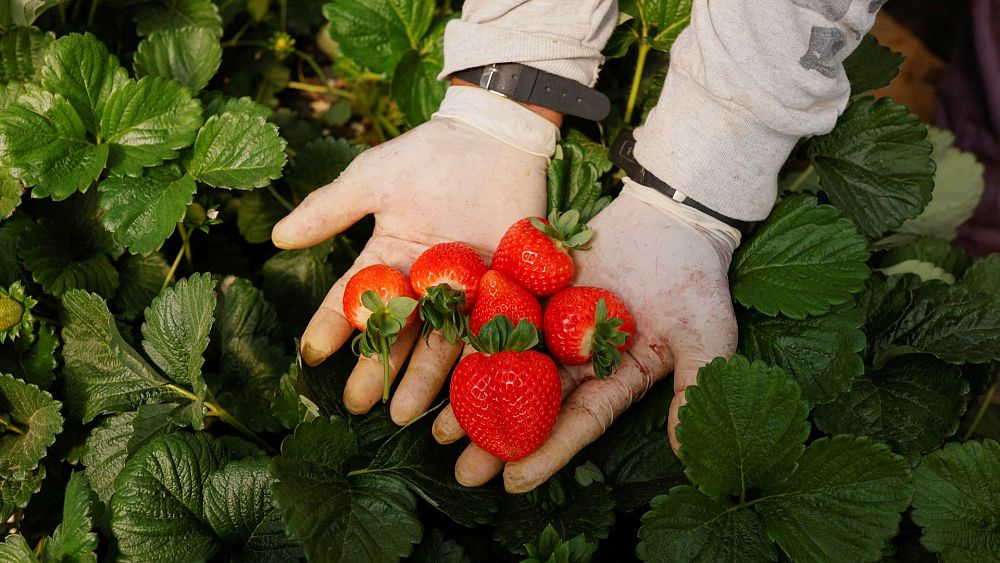
German MPs have cancelled a trip to Spain’s strawberry farms as political controversy over water shortages heats up.
German MPs cancelled a trip to southern Spain on Monday amid political controversy over drought in the region.
Irrigation for farms near the fragile Donana wetland has sparked a war of words between Spain’s ruling socialists and the opposition over water scarcity. The feud has escalated ahead of a snap election next month.
Last month, a citizen-led German campaign called on consumers to boycott Spanish ‘drought berries’ grown near the fragile Donana wetland.
Yesterday, a delegation of nine German lawmakers was set to assess the sustainability of strawberry production in the drought-hit region of Andalusia.
The cross-party committee arrived in Madrid to meet environment ministry officials on Monday. They were then due to travel south to Andalusia to meet farming groups, environmental activists and local officials.
But by mid-morning on Monday, it announced the “long-planned” visit would be cancelled “in view of the high political significance that the topics of the trip have gained in recent days in the upcoming Spanish national elections.”
What’s happening in Donana National Park?
A long drought in Spain has put water management in the spotlight, particularly around the Donana National Park. The vast wetland supports diverse ecosystems and wildlife but water over-exploitation is exacerbating the drought‘s effects there.
The surrounding province of Huelva produces 98 per cent of Spain’s red fruits and 30 per cent of the EU’s, as well as being the world’s largest strawberry exporter.
The Andalusia regional government, run by Spain‘s conservative opposition Popular Party (PP), wants to legalise irrigation around Donana – despite warnings from scientists that the park is in critical condition, with lagoons drying up.
It says the move would allow farmers to irrigate using surface water without jeopardising the underground reserves.
Spain’s socialist-led central government says no more water, either surface or underground, is available for farming. Scientists have advised that reducing water use in the area would help replenish the wetland.
How Spain’s drought turned political
Last week, Spanish Prime Minister Pedro Sanchez announced a snap election for 23 July after being trumped by the opposition in regional polls.
Sanchez made clear he would put his government’s environmental credentials centre stage in the campaign as Spain faces a summer of record high temperatures, wildfires and water shortages.
This weekend he said his government would “save” Donana from climate deniers.
A Popular Party spokesperson, Borja Sémper, on Monday accused the prime minister of seeking to destroy Huelva’s strawberry-growing industry and “indirectly” supporting a German boycott of locally grown fruit.
“The least that the prime minister can do is to defend our farmers and the Spanish strawberry,” Sémper said.
“The Germans have proven to be more prudent than the prime minister,” he added.
In recent days, Sánchez has called on voters via Twitter to choose between “a Spain that cares about Doñana and a Spain that destroys Doñana.”
Some German citizens are calling for a berry boycott
Meanwhile, a German consumer campaign group, Campact, launched a petition on 26 May for German supermarkets to boycott berries grown near Donana.
Spanish strawberry growers said the campaign was “insidious and damaging to the strawberry and red fruit industry”.
German-owned Aldi supermarket in Spain said in a statement it buys most of the strawberries which it sells in Spain from certified suppliers in Huelva, and that it has a strong commitment to their Spanish suppliers.
Source: Euro News



